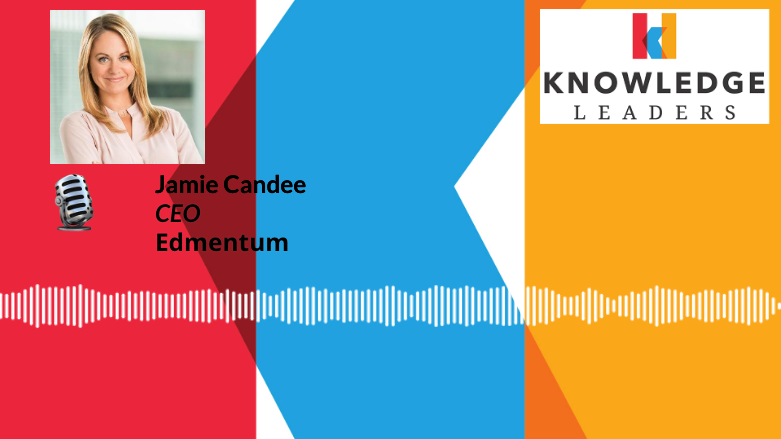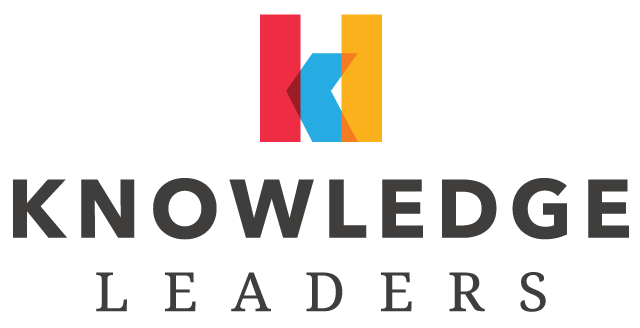
Jamie Candee, CEO of Edmentum, discusses the importance of data interoperability in the education sector and how the industry can drive insight with standardization of education data sets for better data analysis.
She also answers the question, “How do we educate kids for jobs that might not be available in the future?”
Learn more in this episode of the Knowledge Leaders Podcast, hosted by Todd Hand.
Listen to the Full Podcast Here
Podcast Transcript Excerpt
Todd Hand: It feels like as an industry, we’re just scratching the surface on how to drive insight from big data. What are you and your team doing at Edmentum around this?
Jamie Candee: So one of the things that we firmly believe in as it relates to big data is there is not going to be just one organization that solves this challenge. And districts and higher-ed institutions are not going to go to one provider and say, “Give me all of this big data on my students and teachers and all the information that we need to measure success and growth.” It’s not going to happen.
What we believe can happen–and we’re seeing a lot of good progress in this area–I’m going to speak right now to the education technology community, we as an EdTech community need to come together and we need to work together around standardization of our data sets. And if we do that effectively we are serving our students and teachers much better than trying to do it alone.
So perhaps we think about what is in the best interest of the student and what is in the best interest of the educator. And there are disparate sets of data, and there are many different outcomes that educators and administrators are pursuing on a daily basis.
And if we as organizations across this industry can work together–whether it’s Project Unicorn–or a common set of data standards that we can all agree to work within those constructs and terms of how we design our sustenance, our measurement tools, metadata behind those.
These are the kinds of things that are going to really help our districts or our higher-ed institutions get the kind of big data analysis that they’re looking for.
And so that’s what we’re focused on is building and collaborating with other organizations, working with various nonprofits and groups that are trying to build more standardization into education data and we are signing up for any and all of those initiatives because we think the right thing to do is have companies come together to work together for what’s in the best interest of students and teachers.
Share this by video on social:
- Follow @JamieCandee
- Follow @KnowledgeLeaders

